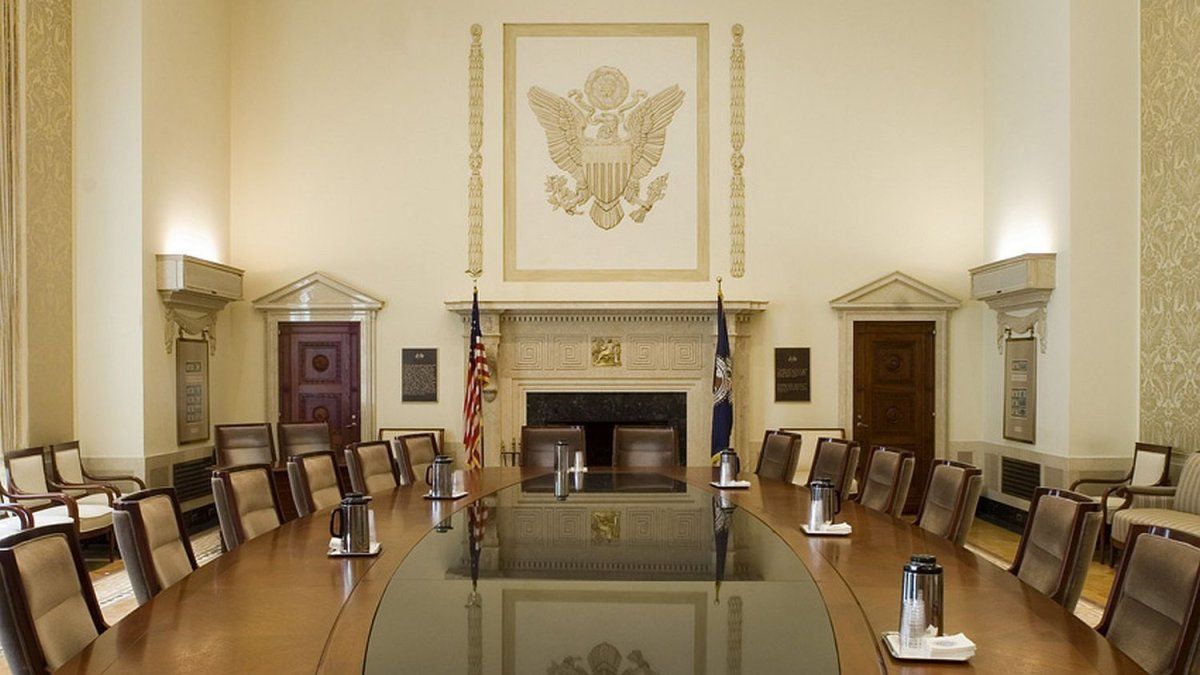Sign of the times, Now Italian-style comedy has a woman’s name: Paola Cortellesi, one woman show, actress of varied register, librettist, director, and author of the greatest success of Italian cinema in recent years, “There will always be a tomorrow”which in your country It beat “Barbie” and “Oppenheimer” together at the box office. As if this were not enough, he also sings and does voices for animated films. His film opened the 10th on Thursday. Week of Cinema Italian at Cinepolis Recoleta, it is repeated today and will premiere commercially next Thursday. Cortellesi She herself came to present it. We dialogue with her:
Paola Cortellesi: “Maria Montesori, a life for children!”, what an example of a woman! I loved doing that job. Furthermore, it is one of the few dramatic roles that I have done, such as “The Physics of Water” or “Piano, Solo”, about the jazzman Luca Flores. But most of what I do is comedies. Attention, I’m not a comedian, I’m a comedian.
PC: An honor. It was an honor to have participated in the “Maravilloso Bocaccio”. And very shortly after, Vittorio, who was the oldest, died. A shame.
Q: Few dramas, few works directed by women.
PC: But what women, Cristina Comencini and María Sole Tognazzi, the daughter of the great Ugo Tognazzi.
Q.: And several films directed by men but with their scripts, always with the same theme.
PC: Do you say the man-woman relationship? I did like nine scripts. The first, “Excuse me if I exist”, about a provincial architect who did well abroad, the typical brain drain, but in Italy they do not recognize her work, she must use subterfuge to achieve her projects. Another, “The last will be the last”, a pregnant professional does not have her contract renewed. And “Mom or dad?”, in the separation no one wants to stay with the boys, “Come un gatto in tangenziale”, which is like saying “Like a fish out of water”, and so on. These feminine themes come naturally to me, and they are liked by the public because they are exposed through humor. That’s how it works. I clarify that I don’t write them alone, I always write them with Giulia Calenda, sometimes also with Furio Andreotti.
Q: And many were directed by Riccardo Milani, your husband, if I’m not mistaken. How did you become director?
PC: It was a natural step. I wanted my stories to be seen on screen exactly as I had written them. And the producers encouraged me, “when are you going to decide?” They are Lorenzo Gangarosa and Mario Gianani, who produced Marco Bellocchio’s “Vincere”, no less. So I took the step naturally.
Q.: But “There will always be a tomorrow” has more development than the others, greater challenges, more artistic risk, and a historical background set in 1946 that requires greater demands.
PC: At that point I already had years of experience in film. And the team was very good (photography Davide Leone, set design Paula Comencini). I set it in 1946 because then, when the position of women, always in the background, was most marked, just that year the national referendum was held so that the people could decide if they wanted to continue with the monarchy or turn to the republic. And there, for the first time, women were able to use the right to vote. For the first time, her opinion was taken into account. And many expected that the woman would follow her husband’s opinion, but that was not the case.
Q: Who proposed the female vote?
PC: This was carried out by women who were in politics, who had fought against fascism, and other groups. Also the priests, through a new party, Christian Democracy, which promoted the female vote.
P.: And you wrap that up with extemporaneous songs, dreamlike, romantic scenes, humorous moments and stereotypical characters, such as the husband and father-in-law who mistreat the woman.
PC: Those two idiots may be scary but when you see that they are stupid, that they also use violence with words but they are just cretins, you are no longer afraid of them. In that I use humor carefully, because humor is not ridiculing a serious thing. This is what Italian comedy teaches.
Q: By the way, how do you define Italian comedy?
PC: It is the comedy that has told, and that tells, the miseries of the Italian, also its worst aspects, but using humor, because humor allows us to hear the most serious things. For example, Mario Monicelli with “The Companions”, Ettore Scola with “Ugly, Dirty and Bad” and many other comedies, have known how to tell terrible things, because humor allows us to endure them and pay attention to them. Furthermore, they did it with ingenuity, with beauty, in an entertaining way. They made popular and at the same time new cinema, with a personal style and something to say.
Q: That’s what you also do. Were you a friend of Monica Vitti? I ask her why she appears in a documentary about her.
PC: I wish I could have been your friend! I’m a big fan. She went from drama to comedy, she also reached intimacy, she moved through all genres and on top of that she was beautiful.
Q: And Anna Magnani and Sophia Loren?
PC: La Magnani is an institution, it is untouchable! And Loren is our great actress, she has taken Italy around the world, all Italians love her! I don’t think she can become like them, although some tell me so, but I am happy with my results. With this film of mine I received the love of many Italians, who have loved it because it tells the story of her grandmothers, her mothers, I have felt this in my soul.
Source: Ambito
I am an author and journalist who has worked in the entertainment industry for over a decade. I currently work as a news editor at a major news website, and my focus is on covering the latest trends in entertainment. I also write occasional pieces for other outlets, and have authored two books about the entertainment industry.




